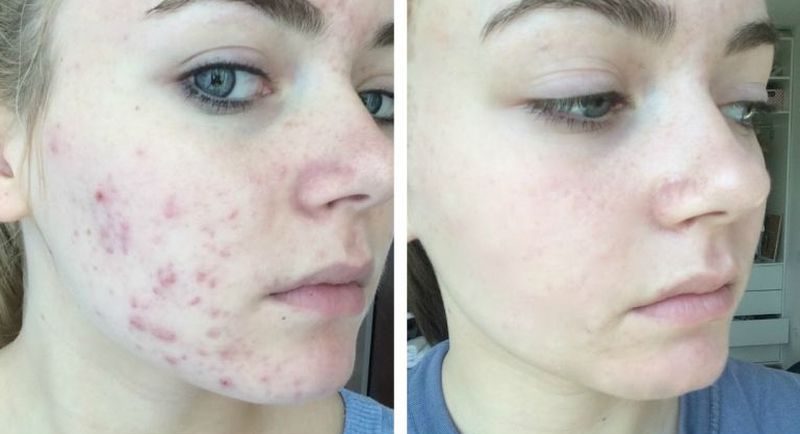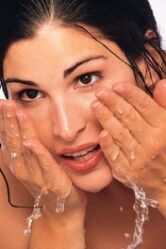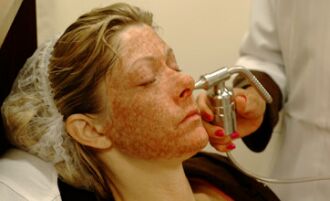Are you tired of dealing with acne that keeps recurring after treatment? Below are five things you can do to have a clear skin that is free from acne.
1. Eat a Healthy Diet
The use of quality building materials by the right masonry results in a uniform and sound wall. Similarly, the body requires the right materials that support healthy skin, overall skin texture and appearance. Part of these elements includes getting enough minerals such as zinc, chromium, and selenium as well as the right vitamins such as Vitamin A and C. Such elements help with skin cell repair, improved complexion, and reduced excess sebum.
Your meals should include more fruits and vegetables with enough amounts of whole grains and lean meats. Such a diet ensures that your body gets all it needs to have healthy cells and radiant skin. Omega-3 is known to have anti-inflammatory qualities that can help manage the production of specific molecules that regulate sebum production therein help to reduce the right of inflammatory acne. Avocados, walnuts, salmon, and flaxseeds are a rich source of omega-3. Also, taking yogurt or other foods that supply your body with probiotic will ensure you get beneficial bacteria that encourage a healthy gut and can help reduce the risk of acne.
Complement your diet with supplements, such as Probiotic-8, Clear Skin Formula, VitaMedica’s Healthy Skin Formula and Super EPA/DHA Fish oil that will fill the nutrient gaps in your diet and ensure your skin gets all the nourishment it needs.
2. Avoid Problematic Foods
While foods play an essential role in the promotion of healthy skin, dermatologists have identified certain foods that only exasperate skin problems such as acne. For instance, research has found a link between consumption of dairy products and acne. So, rice milk, soy milk or almond milk are suitable alternatives. Also, consider lowering your intake of fried and processed foods as well as animal fat because they contain high amounts of partially-hydrogenated and saturated fats associated with acne.
Avoid sweetened foods and drinks because they have high-glycemic index carbohydrates that increase the production of testosterone, which can stimulate a higher production of oils in the skin. So reduce your consumption of white flour and other artificial sugars that have refined carbohydrates and you, in turn, will lessen insulin spikes that can trigger breakouts leading to excess sebum production.
3. Drink Plenty of Water
Drink clean, pure water and you will do some good for your skin and overall health. The body is more than 80% water, and the biggest organ in the body requires ample amounts of water to maintain its function and to expel toxins from the body. However, it is easy to overlook the need to take enough water and soon dehydration sets in and causes us to have dry skin increasing the volume of dead skin cells that clogs up the pore. Taking alcohol and coffee can make things worse more when dehydrated because they increase the rate of fluid depletion in the body. Therefore, take around eight glass of clean water; it will keep your skin looking supple and support an optimum body function according to Dore Aesthetics.
4. Exercise

5. Keep Clean
Cleanliness is perhaps most crucial tips of all. Touching your face with dirty hands transfers germs and bacteria to the skin that cause irritation and flare-ups. Picking at pimples can increase the spread of bacteria and damage the skin increasing the risk of scarring. The use of certain hair styling products also increases the risk of breakouts because they can transfer to the skin and clog the pores. The face has the highest number of oil-producing glands that can be a massive problem if the pores are plugged up by dust, smog or cosmetics. As such, cleansing the face twice a day with the right soap and warm water will get rid of the dirt, freeing up the pore and lessening the chances of flare-ups.
Lastly, remember to clean everything you use that often comes in contact with your face (such as your phone). The idea is to lessen risk of germs and bacteria getting to your skin. So wipe the phone with a hand sanitizer routinely.
Article Submitted By Community Writer








